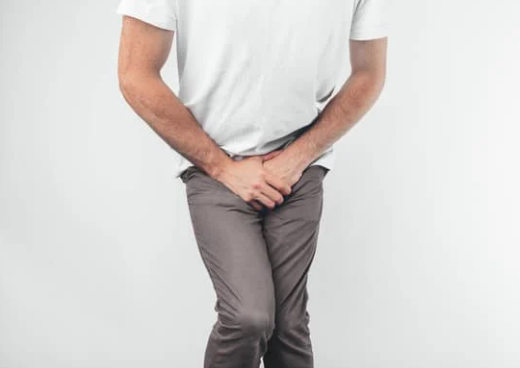"Don't Let Your Bladder Blow Your Mardi Gras!"

First, we would like to extend a very enthusiastic “Happy Mardi Gras!” to kick off this month’s newsletter article! Not everyone loves Carnival, but it definitely helps me kick the “post-Christmas” blues. I get the biggest thrill walking into Winn-Dixie the week after Christmas and seeing a giant display of king cakes! (And yes, I do enjoy a good Bavarian Cream Winn-Dixie king cake in a pinch 😉)
But, enough about king cakes!
Around Mardi Gras we typically do a piece on how to avoid neck and shoulder pain (for obvious reasons), but I want to spice it up this year and talk about something we ALL think about at parades – your BLADDER!!! Yep, you read that correctly. Anyone who plans to go out for a full day of parades undoubtedly has a bathroom strategy. The average person urinates about 4 times per day and around 1-2 times at night. This can vary depending on the amount (and type) of fluids you’re drinking.
This brings me to my first point – bladder irritants. Bladder irritants can be food or drinks that cause your bladder to produce more urine like coffee, tea, carbonated beverages, acidic fruits, and alcohol to name a few. So, if you’re looking to cut down on your trips to the “Pot-O-Gold” you may want to reconsider some of your food and drink choices this Mardi Gras.
As I mentioned above, the average person urinates about 4 times per day. If you’re making more trips to the bathroom than that and drinking a normal amount of fluid throughout the day, you could have a frequency problem. This is what we refer to as “Urge Incontinence”. Urge incontinence may present as a sudden urge to urinate frequently (that is really hard to hold) like when you first get home or before you leave to go somewhere.
Another type of incontinence is called “Stress Incontinence”. This is when you get a bit of leakage from bladder after coughing, sneezing, laughing, or exercising. If this sounds familiar, you may not want to jump up and down as your favorite float passes by!
The good news is, either way physical therapy can help! Both types of incontinence can be the result of either over or underactive muscles in your pelvic floor. We’re able to help identify this and give you specific exercises that help you retrain those muscles, along with strategies to effectively manage your symptoms and improve your control! Don’t spend another year “normalizing” bladder control problems – let us help! Call us at (504) 407-3477 or send us an email to info@tandempt.com to get started!
